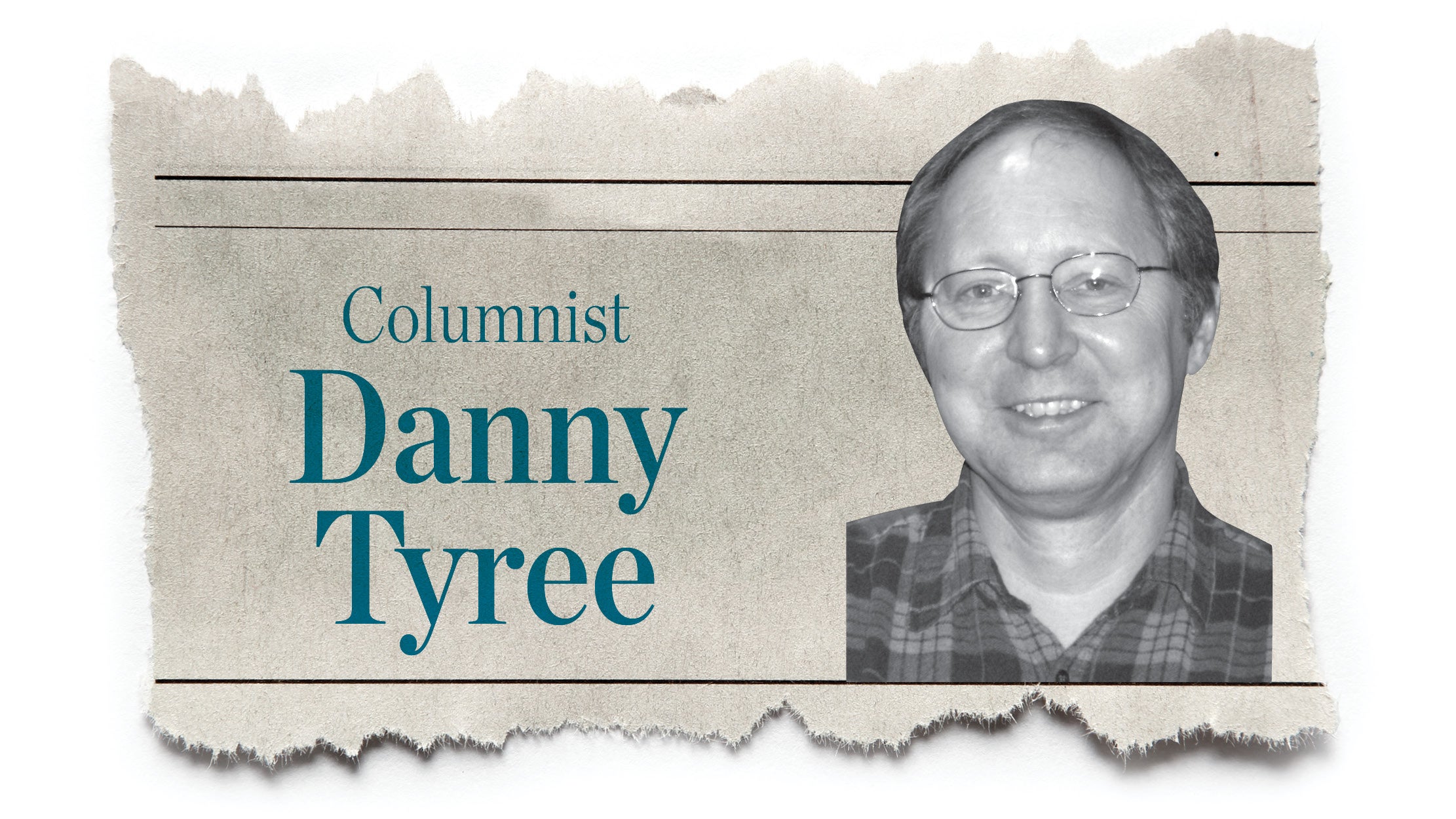Casino issue doesn’t pay off
Published 10:27 am Wednesday, October 21, 2009
Voters who gamble on the statewide casino ballot issue will be disappointed when they realize that the “house” — in this case an out-of-state multibillion dollar gaming company — is the only one who wins in this wager.
The amendment to Ohio’s Constitution — designated as Issue 3 on the ballot and pushed by Penn National Gaming — would allow for the construction of four casinos in the state. One each in Cleveland, Columbus, Cincinnati and Toledo.
Supporters argue that this would create thousands of jobs, inject millions into Ohio’s economy and provide funds for a variety of government agencies that are facing budget crunches of record proportions.
Voters shouldn’t believe the hype and the spin of this plan that would create a monopoly. This initiative should be voted down just like several recent gambling amendments.
While not opposed to controlled gambling in Ohio in some format, this isn’t even close to the right plan.
To borrow from poker language, Issue 3 would essentially be a “bust” for Ohio taxpayers and the entire state.
The proposal is filled with problems, among the worst is that this narrow-focused proposal would be hard to get out of the Constitution once placed there because the casinos would spend millions to keep it that way.
And it does nothing to create opportunities for the rest of the state, only focusing on the Three Cs and Toledo.
Plus, the revenue injection supporters tout pales in comparison to what other states are getting.
Since there is no competitive bidding process, Ohio would receive 33 percent of all casino profits. Plus, each of the four casinos would have to pay a one-time license fee of $50 million.
This may sound like a big help for Ohio’s economy but it would in fact be a huge bargain for these casinos.
Many states have a much higher tax rate including Pennsylvania, West Virginia and Indiana’s average. Plus many states get license fees of more than $250 million per casino.
Also the ballot language means that casinos wouldn’t pay any taxes on profits from cash wagering.
Even worse, the amendment doesn’t require anything to be built, meaning that the state could only receive a fraction of the benefits if all four casinos weren’t built.
Ohio’s voters shouldn’t gamble on Issue 3, saying “No” on Nov. 3.





